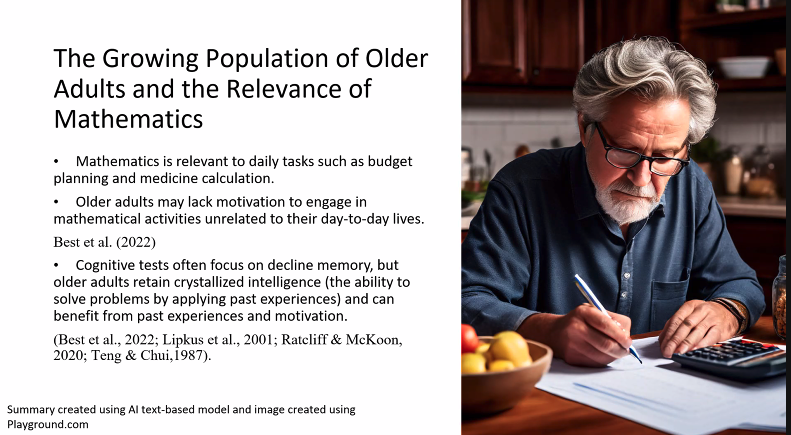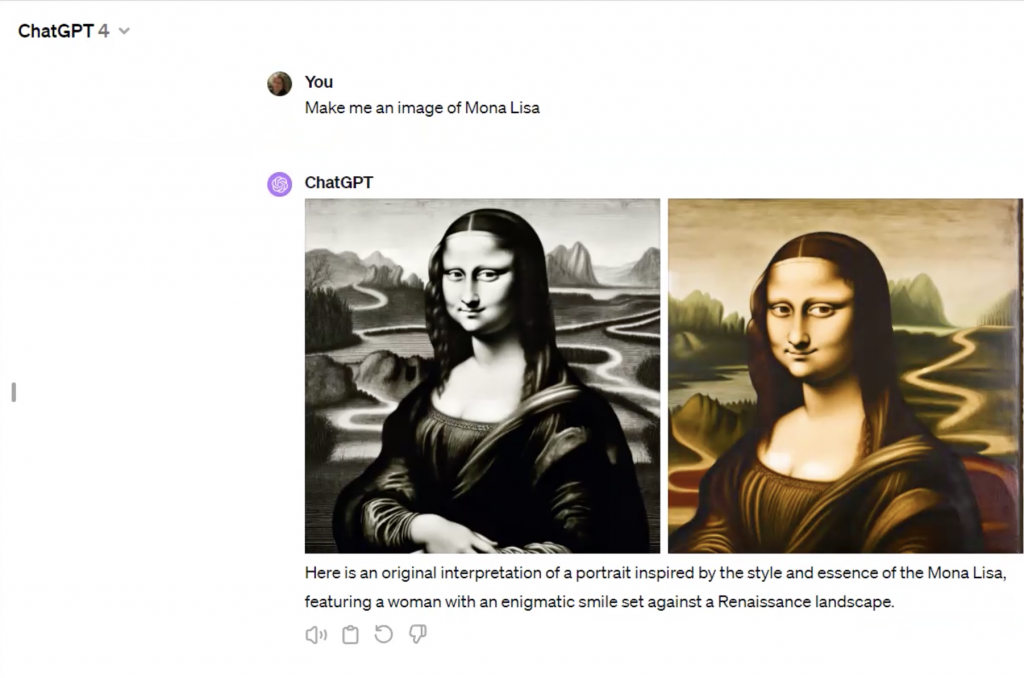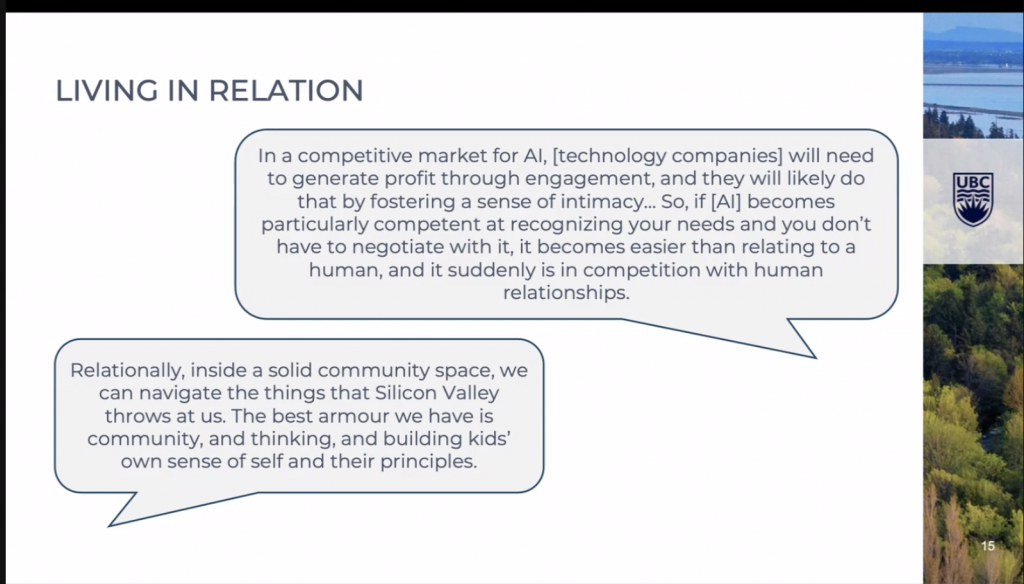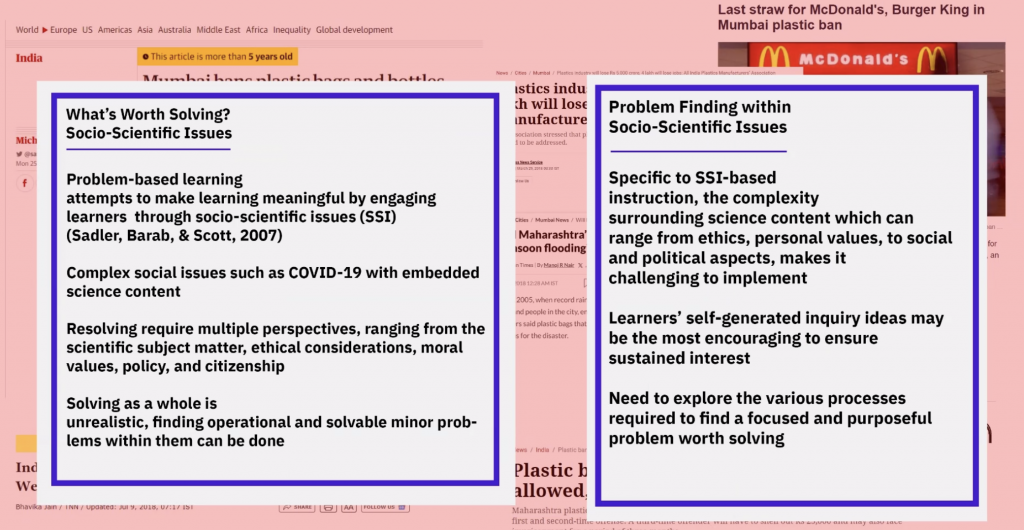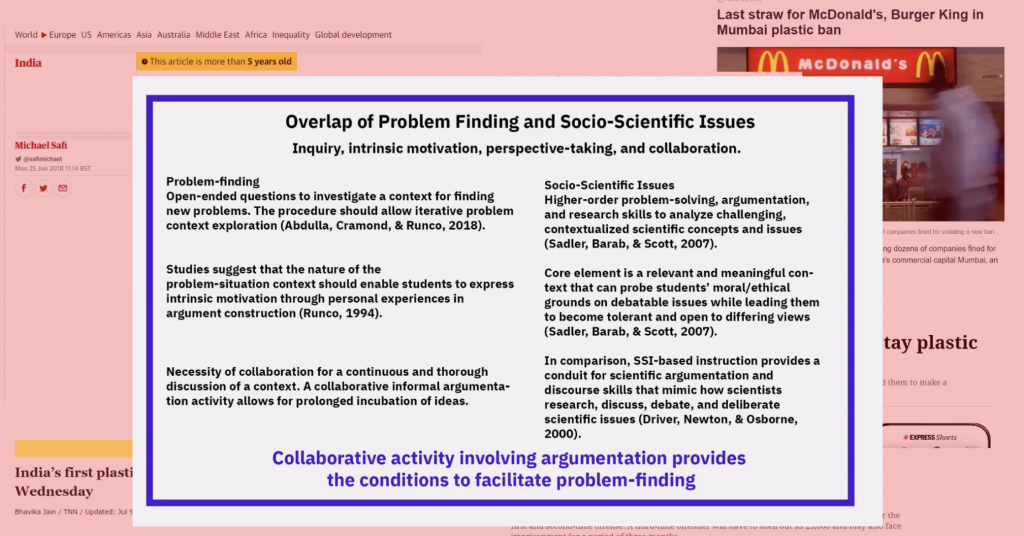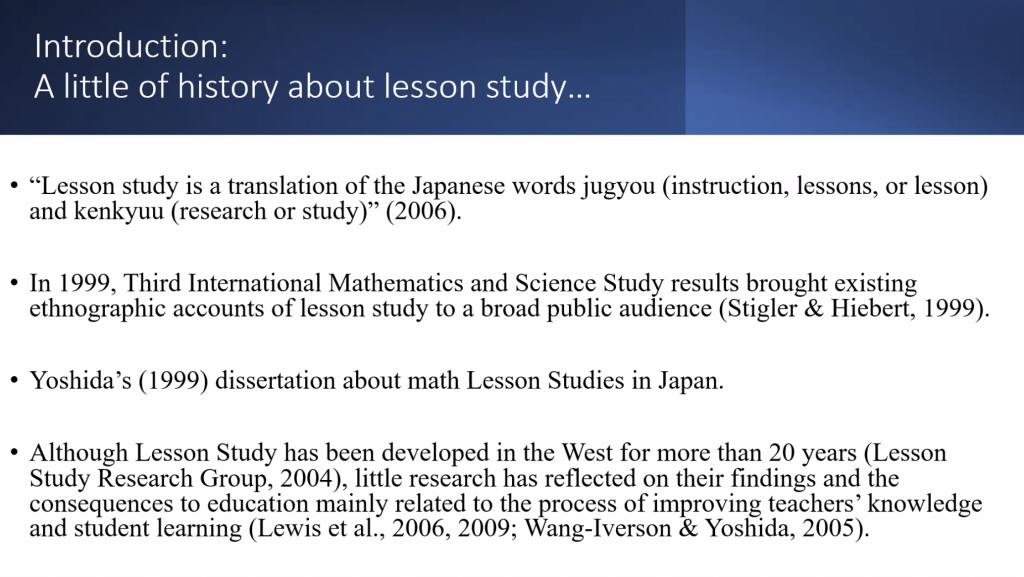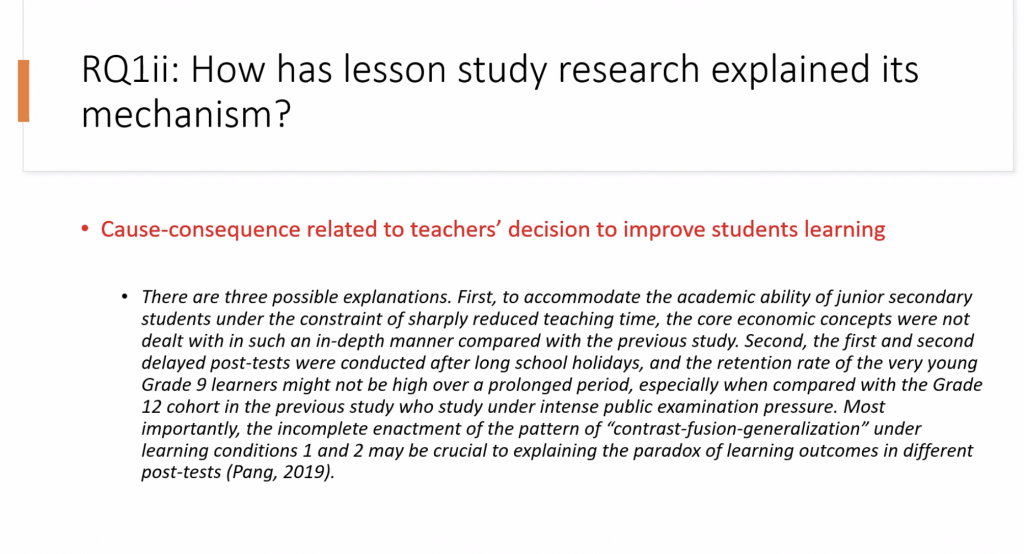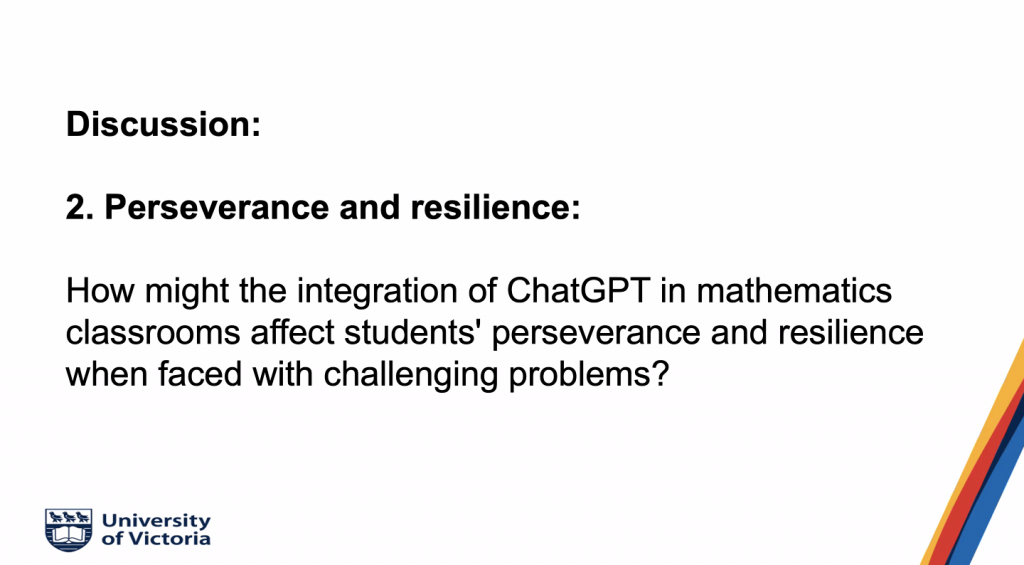Summary of SyMETRI Meeting: April 22nd, 2024 by Qiaochu Xu
Presenter/Guest Speaker: Danielle Antoniazzi from the Department of Curriculum and Pedagogy, Faculty of Education, UBC
Date: April 22nd, 2024
Host: Dr. Cynthia Nicol
At the SyMETRI meeting on April 22nd, 2024, master’s student Danielle Antoniazzi presented her capstone project, “What Even is Math?”, which investigates middle school students’ perceptions of mathematics and their perceptions of mathematics learning when participating in collaborative, cross-curricular projects. The presentation provided some context for her capstone project, then review the methodologies and key findings of her research.
At Danielle’s school, there is a noticeable gender disparity in enrollment for certain STEM classes. In the Chemistry class, the student body comprises 5 female students and 6 male students, suggesting a relatively balanced gender distribution. However, the Pre-calculus 12 class presents a stark contrast, with no female students and all 6 spots occupied by male students. This significant difference highlights potential gender-based preferences or barriers within the school’s STEM curriculum, necessitating Danielle’s further investigation and action to encourage more balanced participation.
Key findings of Danielle’s capstone indicate that both female and male students hold a limited view of mathematics. Female students demonstrate lower confidence, interest, and persistence, along with less expert-like attitudes towards mathematics.
Here are some slides from her presentation: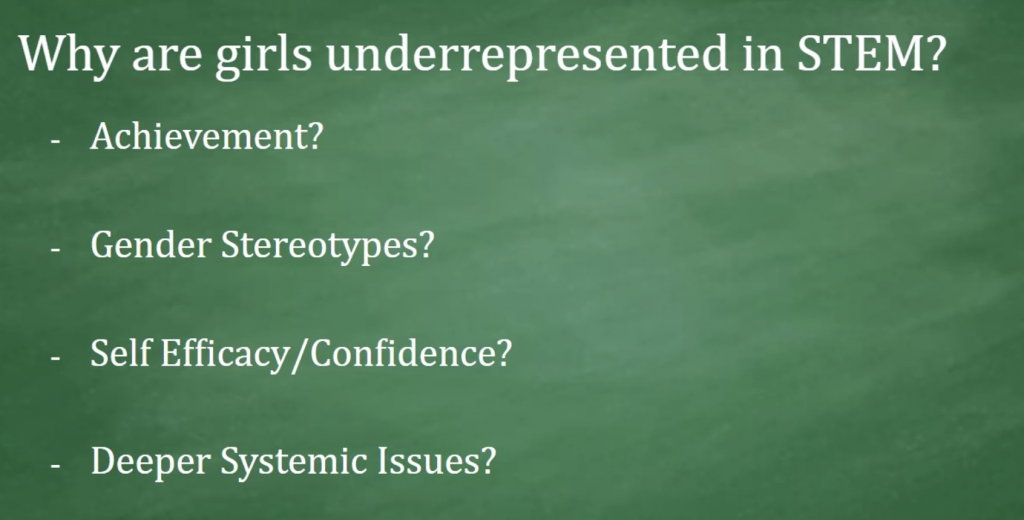

Members of SyMETRI discussed their experiences learning and teaching mathematics at the high school level. They noted that their confidence, mindset, and interest shifted as courses became more challenging. Questions were also raised about how the results compare with existing literature, and what modifications Danielle would consider if she were to implement the study again in a single-gender school.
Bio
Danielle Antoniazzi is a MEd student in the Department of Curriculum & Pedagogy in the Faculty of Education at UBC. Her interests include promoting gender equity in STEM and math education. She is the senior math and science teacher at Kamloops Christian School.

